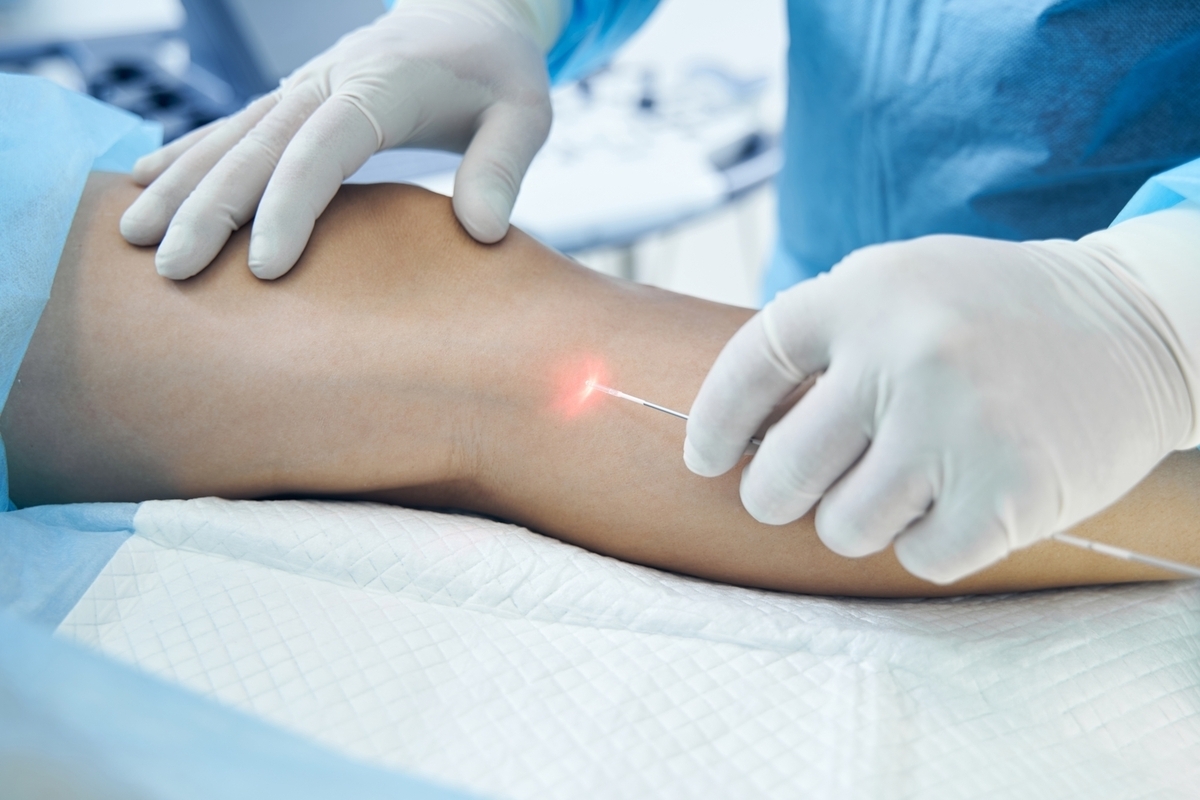Understanding Varicose Vein Specialists: Expertise, Treatments, and Patient Care
Varicose veins are a common health condition characterized by swollen, twisted veins that are often visible just beneath the surface of the skin. They frequently appear in the legs and can cause discomfort, pain, and potential complications such as ulcers or blood clots. While many people consider them a cosmetic issue, varicose veins can significantly impact quality of life. This is where the expertise of varicose vein specialists becomes crucial.

Who Are Varicose Vein Specialists?
Varicose vein specialists are medical professionals with extensive training and expertise in diagnosing and treating varicose veins and other venous disorders. These specialists often have backgrounds in vascular surgery, interventional radiology, or phlebology (the branch of medicine concerned with veins). Their primary goal is to relieve symptoms, improve cosmetic appearance, and prevent complications related to varicose veins.
The Role of Varicose Vein Specialists
Diagnosis
The first step in treating varicose veins involves accurate diagnosis. Varicose vein specialists use a combination of patient history, physical examinations, and diagnostic tests such as Doppler ultrasound to assess the severity of the condition. Advanced imaging techniques help them visualize the veins and identify issues like venous reflux, where blood flows backward due to faulty valves in the veins.
Treatment Options
Varicose vein specialists offer a variety of treatment options, tailored to the severity of the condition and patient preferences. Some common treatments include:
1. Sclerotherapy
Sclerotherapy involves injecting a special solution into the affected veins, causing them to collapse and eventually fade away. It is a minimally invasive procedure and is particularly effective for smaller varicose veins and spider veins.
2. Endovenous Laser Treatment (EVLT)
EVLT uses laser energy to heat and close off the problematic veins. This procedure is done under local anesthesia and involves inserting a thin laser fiber into the vein through a small incision. The laser energy seals the vein shut, rerouting blood flow to healthier veins.
3. Radiofrequency Ablation (RFA)
Similar to EVLT, RFA uses radiofrequency energy to heat and close varicose veins. It is also minimally invasive and offers quick recovery times, with most patients returning to normal activities within a few days.
4. Ambulatory Phlebectomy
This surgical procedure involves removing varicose veins through small incisions in the skin. It is typically performed under local anesthesia and is highly effective for larger, bulging veins.
5. Compression Therapy
In some cases, wearing compression stockings can help improve symptoms by promoting better blood flow in the legs. Compression therapy is often recommended as a complementary treatment to other procedures.
Patient Care and Follow-Up
Varicose vein specialists provide comprehensive care that extends beyond the initial treatment. They educate patients on lifestyle changes, such as regular exercise, weight management, and avoiding prolonged periods of standing or sitting, to prevent recurrence. Follow-up appointments are crucial to monitor the success of the treatment and address any new or persistent issues.
Choosing the Right Varicose Vein Specialist
Selecting a qualified and experienced varicose vein specialist is essential for optimal outcomes. Here are a few factors to consider:
1. Credentials and Experience
Look for specialists who are board-certified in vascular surgery, interventional radiology, or phlebology. Experience in treating varicose veins specifically is a significant advantage.
2. Patient Reviews and Testimonials
Reading reviews and testimonials from previous patients can provide insights into the specialist’s expertise, patient care, and overall satisfaction.
3. Treatment Options Offered
Ensure that the specialist offers a range of treatment options and can tailor the approach based on individual needs.
4. Consultation and Communication
A good specialist should be willing to take the time to explain the condition, discuss potential treatments, and answer any questions or concerns.
Varicose veins are more than just a cosmetic concern; they can significantly impact an individual’s quality of life. Varicose vein specialists play a critical role in diagnosing, treating, and managing this condition. With a range of minimally invasive treatments available, these specialists can effectively alleviate symptoms, improve cosmetic outcomes, and prevent complications. Choosing the right specialist, based on credentials, experience, and patient reviews, is crucial for receiving the best care. By addressing varicose veins comprehensively, specialists help patients lead healthier, more comfortable lives.

